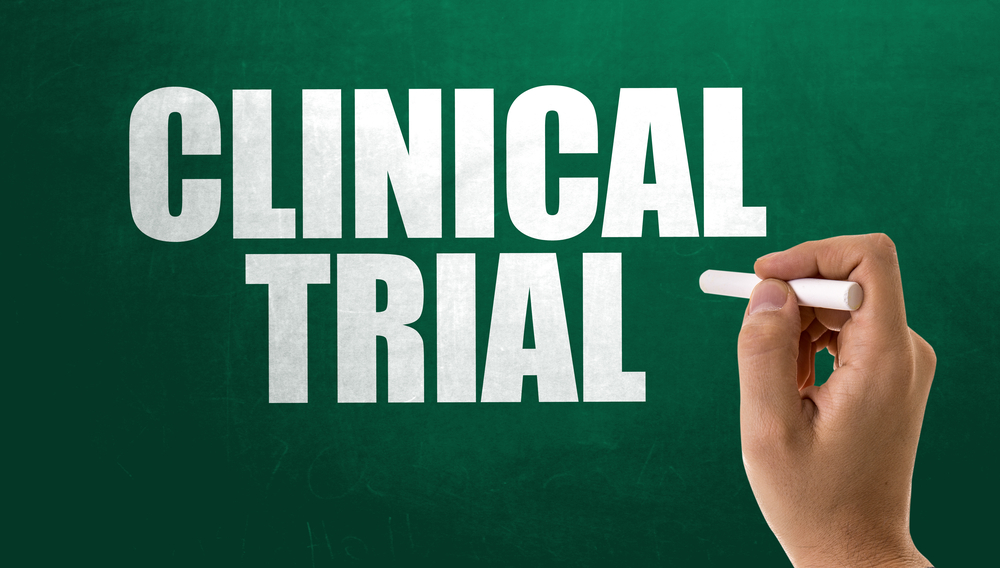Phase 3 Trial of Trofinetide in Girls, Young Women Again Enrolling in US
Written by |

Acadia Pharmaceuticals is again enrolling in its Phase 3 LAVENDER trial testing trofinetide as a treatment for girls and young women with Rett syndrome.
Recruitment had been temporarily paused in March, while the U.S. took measures to control the COVID-19 pandemic.
In an online letter, Acadia announced that each trial site would begin enrolling based on its own timetable, the availability of staff, site-specific policies, and each site’s plan for safely conducting clinical study visits. More information on trial locations and contacts can be found here.
Acadia holds an exclusive license from Neuren Pharmaceuticals to develop and commercialize trofinetide in North America, while Neuren retains all rights elsewhere. Shortly before the pause, the U.S. Food and Drug Administration granted trofinetide rare pediatric disease designation, making trofinetide eligible for priority review should it show clinically meaningful benefits to treated patients.
Trofinetide, previously known as NNZ-2566, is a synthetic version of glypromate, a protein fragment produced during the breakdown of insulin-like growth factor 1 in the brain. Healthy brain development depends heavily on both proteins, shown to reduce inflammation in the mature brain, provide neuroprotection, and help respond to disease and stress.
LAVENDER (NCT04181723) is a double-blind study designed to test trofinetide’s efficacy and safety in about 184 women and girls, ages 5 to 20. After a 12-week treatment period, in which patients are randomly assigned to either trofinetide or a placebo twice daily, all will have the opportunity to join the LILAC extension study.
LILAC will test trofinetide’s long-term tolerability, safety, and effectiveness over 40 weeks (about nine months) and is open-label, meaning all are treated. This trial takes place at 14 sites across the U.S.
Trofinetide, a liquid solution treatment, can either be swallowed or taken via a gastrostomy tube.
“We are working closely with clinical sites and study investigators to take all necessary precautions identified through local and national guidance. … we are also taking appropriate measures to safely and effectively collect patient data to ensure the integrity of study results,” Acadia stated in an attached press release.
Trofinetide’s effectiveness will be measured by the degree to which it lessens Rett patients’ neurobehavioral symptoms, as assessed by caregivers using the Rett Syndrome Behaviour Questionnaire and by clinicians using the Clinical Global Impression Scale-Improvement. The companies expect results in 2021.
Trofinetide at higher dose has shown encouraging results in a Phase 2 trial (NCT01894958) in males with fragile X syndrome.
“We are very pleased that enrolment of patients can now continue in this very important clinical trial for all stakeholders and we look forward to the results next year,” said Jon Pilcher, Neuren’s CEO.




